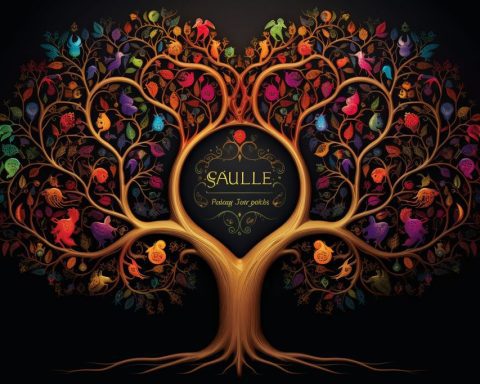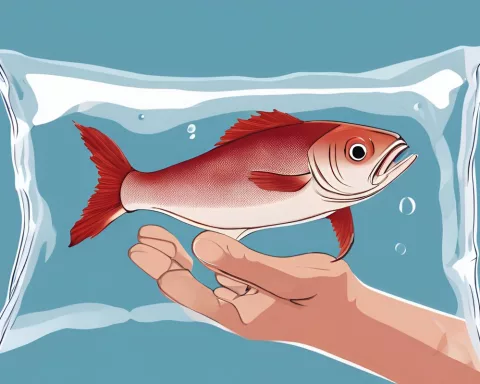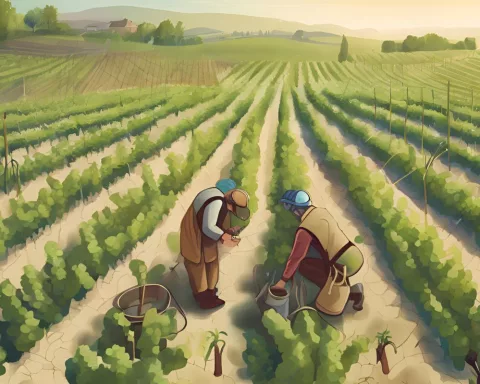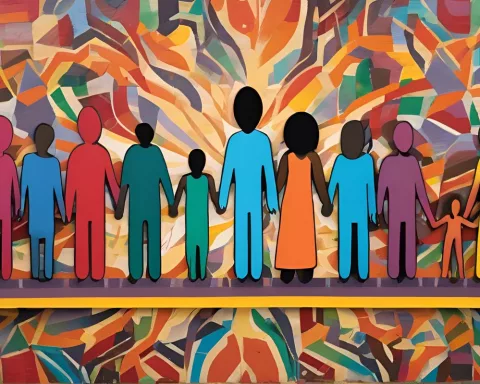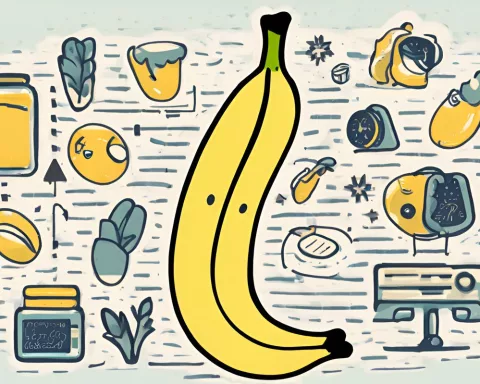The Centre for Applied Legal Studies in South Africa is pushing for a review of the country’s sexual offence laws, targeting problematic consent and rape definitions within the Sexual Offences Act. They argue that the current definitions place undue pressure on victims and survivors to prove non-consent, perpetuating harmful stereotypes and misconceptions about sexual violence. CALS and other advocates are striving for a justice system that eliminates detrimental stereotypes and has a more sophisticated understanding of consent, treating everyone fairly and equally. The case has the potential to trigger a transformative shift in how South Africa – and possibly other countries – approach sexual offences.
What is the Centre for Applied Legal Studies fighting for in South Africa’s legal system?
The Centre for Applied Legal Studies is joining the fight to review South Africa’s sexual offence laws, specifically targeting problematic consent and rape definitions within the Sexual Offences Act. They argue that the current definitions impose excessive pressure on both the state and complainants to prove non-consent, perpetuating harmful stereotypes and misconceptions about sexual violence. The aim is for a justice system that more closely aligns with the experiences of victims and survivors, pushing for the elimination of detrimental stereotypes and a more sophisticated comprehension of consent.
A Battle Against Outdated Legal System
In a significant attempt to transform South Africa’s legal landscape, the Centre for Applied Legal Studies (CALS) at the University of the Witwatersrand has joined the fight to review the country’s sexual offence laws. As a third applicant in a case initiated by the Embrace Project in November last year, the CALS is targeting problematic consent and rape definitions within the Sexual Offences Act, which have gained increasing scrutiny, especially after recent amendments.
The call for legal changes gained traction following a contentious decision by the Eastern Cape High Court in October 2021, when a rape conviction was overturned. Loyiso Coko, initially convicted of raping his former partner, had his guilty verdict reversed after the court determined that he mistakenly believed the complainant consented to intercourse following a kiss. The public responded with widespread outrage, and the case is now scheduled for appeal at the Supreme Court of Appeal on November 14.
Addressing Flawed Legislation
CALS, on behalf of the Initiative for Strategic Litigation in Africa, has joined forces to challenge the Sexual Offences Act, asserting that its problematic definitions are the crux of the issue. Dr. Sheena Swemmer, head of Gender Justice at CALS, argues that the current definitions impose excessive pressure on both the state and complainants to prove non-consent. Moreover, the organization maintains that any updated legislation should apply to past offences as well.
A central criticism of the existing law is its mandate that the prosecution must prove the accused did not mistakenly think they had obtained consent, even when such belief seems unreasonable. CALS and other supporters claim this perpetuates harmful stereotypes and misconceptions about sexual violence, including the expectation that victims must actively resist their assailants. Dr. Swemmer explains, “This process puts victims and survivors on trial, expecting them to demonstrate how well they resisted the accused, buying into damaging rape myths and stereotypes.”
Uncovering Discriminatory Practices
Basetsana Koitsioe, an attorney at CALS, identifies an alarming pattern of indirect discrimination in the distinctions between definitions for specific crimes. She indicates that offences predominantly affecting women and gender minorities encounter additional barriers during prosecution. Consequently, the justice system often fails victims, with high attrition rates in sexual offence cases and a small percentage resulting in convictions.
As the case proceeds to the Supreme Court of Appeal, the urgent need to reform the nation’s sexual offence laws becomes increasingly apparent. Advocates tirelessly strive for a justice system that more closely aligns with the experiences of victims and survivors, pushing for the elimination of detrimental stereotypes and a more sophisticated comprehension of consent.
A Collective Effort Towards Equality
In the midst of this legal struggle, victims and survivors of sexual offences are encouraged to report these crimes. Through the combined efforts of organizations like CALS and the Embrace Project, as well as public support, there is hope for a justice system that treats everyone fairly and equally – regardless of their gender or the nature of the crime committed.
The struggle against inequality and injustice in South Africa’s sexual offence laws is far from over. However, the brave efforts of organizations such as CALS, the Embrace Project, and other advocates propel the nation towards a more just and inclusive legal system. As we anticipate the outcome of the case before the Supreme Court of Appeal, one thing is clear: this pivotal challenge has the potential to trigger a transformative shift in how South Africa – and possibly other countries – comprehend and prosecute sexual offences.
1. What is the Centre for Applied Legal Studies fighting for in South Africa’s legal system?
The Centre for Applied Legal Studies is pushing for a review of South Africa’s sexual offence laws, specifically targeting problematic consent and rape definitions within the Sexual Offences Act.
2. Why are the current definitions problematic?
The current definitions are problematic because they place undue pressure on victims and survivors to prove non-consent, perpetuating harmful stereotypes and misconceptions about sexual violence.
3. What is the aim of the justice system advocated for by CALS?
The aim is for a justice system that more closely aligns with the experiences of victims and survivors, pushing for the elimination of detrimental stereotypes and a more sophisticated comprehension of consent.
4. What triggered the call for legal changes in South Africa?
The call for legal changes gained traction following a contentious decision by the Eastern Cape High Court in October 2021, when a rape conviction was overturned.
5. What is CALS doing to challenge the Sexual Offences Act?
CALS, on behalf of the Initiative for Strategic Litigation in Africa, has joined forces to challenge the Sexual Offences Act, asserting that its problematic definitions are the crux of the issue.
6. What is the central criticism of the existing law?
A central criticism of the existing law is its mandate that the prosecution must prove the accused did not mistakenly think they had obtained consent, even when such belief seems unreasonable.
7. What discriminatory practices have been uncovered in the legal system?
Attorneys at CALS have identified an alarming pattern of indirect discrimination in the distinctions between definitions for specific crimes, with offences predominantly affecting women and gender minorities encountering additional barriers during prosecution.
8. What is the collective effort towards equality in South Africa’s legal system?
Through the combined efforts of organizations like CALS and the Embrace Project, as well as public support, there is hope for a justice system that treats everyone fairly and equally – regardless of their gender or the nature of the crime committed.


